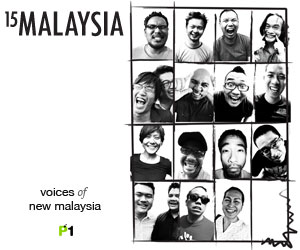
We were on the verge of victory, the crowd was clearly chanting the name of our team, howling and cheering for us as we continued to push our opponents into the narrow corner that would soon lead to their defeat. The push continued, we were on the brink of victory the black wordings emerged, it was almost done. All we could hear was the voices of our supporters behind us, screaming , cheering us on. Then , the only,most unexpected event occurred that was our enemies only possible saving grace , a rough 5% chance estimation of succession , a moment of confusion and the next 30 seconds were pure tragedy for us. That's how the day went for us on the 29th of september 2009. My friends and I were competing in an online gaming competition at Berjaya Times Square , the prize was a grand trip to Japan and it was fair to say that we were favourited to win it hands down. Don't you just hate it when you knew that something was well within the reach of your hands, then in a split second, everything that seems possible to go wrong does go wrong? That's how we felt, frustrated and dissapointed we started pointing fingers at one another for the day's outcome. Instead of being happy of how close we got , we were instead obssessed with the fact that we managed to lose instead of having the biggest advantage you could possibly have. That day took a toll on our friendship and perception of each other, words need not be said to show the amount of frustration and dissapointment we had felt on that day. We sat across each other as we had lunch, utter silence, not a word from any of us. These little facts of non-verbal language was seen by our supporters and friends, which then incorporated them to calming us down and cheering us up.It was pretty evident from the body language we were emitting that we were completely unhappy about the outcome. Lady luck was definitely not helping us on that day, we bit in our bitter fate and went on that day , not much to be said on the trip home , just two simple words. "**** this"
 can't say we didnt try.
can't say we didnt try.don't know if this can be related to human comm. :S
Kenny Lee.


